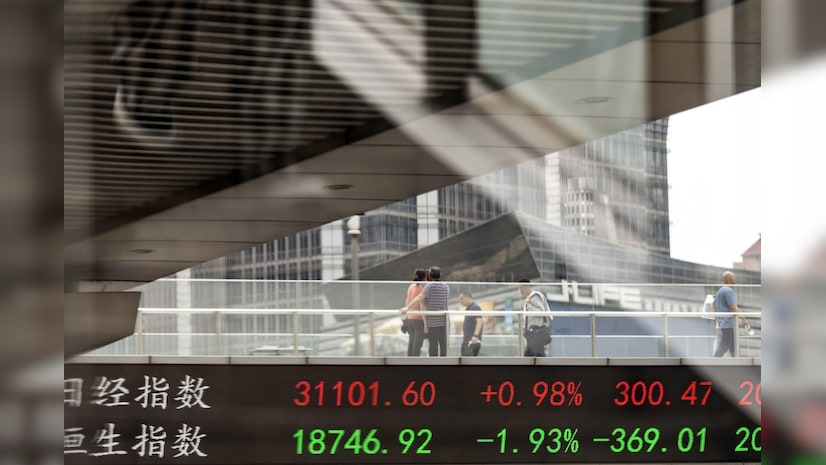Beijing has taken a decisive step to boost its slowing economy by shifting towards a “moderately loose” monetary policy and a “more proactive” fiscal policy.
China’s top leaders announced this policy shift during a recent Politburo meeting, sparking a surge in Chinese stocks.
The Hang Seng Index in Hong Kong, which features major Chinese companies, jumped about 3% following the announcement. The CSI 300 Index, a key benchmark for Chinese stocks, rose over 1%. Leading companies like Alibaba, PDD Holdings, and JD.com recorded gains of at least 9%.
China’s monetary easing sent ripples through global markets, especially in Asia. Regional markets in Japan and South Korea posted gains as investors anticipated improved trade prospects and economic stabilization in the world’s second-largest economy.
This policy change could also drive up global commodity prices. Increased demand from China may raise the costs of raw materials such as oil, steel, and copper.

Beijing aims to counter economic challenges, including ongoing trade tensions with the United States. President-elect Donald Trump’s pledge to impose blanket tariffs on Chinese imports has intensified pressure on China’s economy.
In response, Beijing adopted this relaxed monetary stance to stimulate growth and restore investor confidence. Analysts note that this marks the first time since the 2008 global financial crisis that China has described its monetary policy as “moderately loose.”
Observers expect concrete demand-side stimulus measures to follow early next year.
While the market has reacted positively, analysts warn of potential volatility ahead. Investors should remain vigilant and informed as the situation evolves.
Beijing’s move underscores its commitment to supporting economic growth and stability amidst external pressures.
The coming months will reveal the long-term effects of these measures on China’s economy and global markets.














